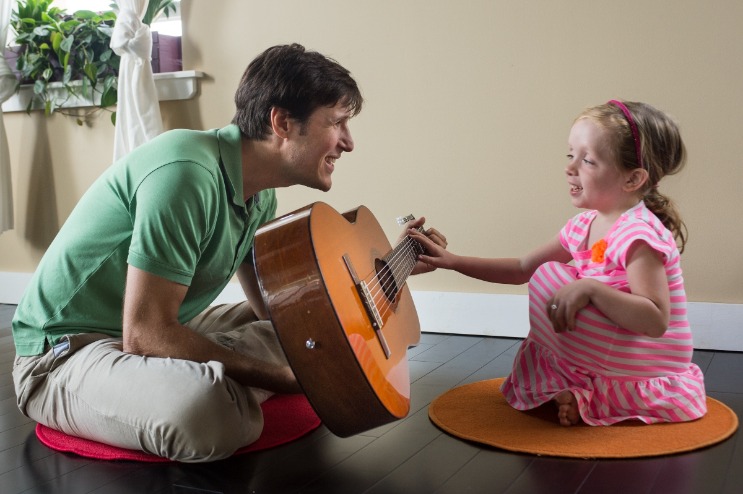Music has the extraordinary power to touch hearts and minds, creating connections where words may fail. This connection is particularly significant for individuals with Autism Spectrum Disorder (ASD). Piano lessons, tailored to the unique needs of these individuals, offer a multitude of benefits that extend far beyond musical abilities.
The Therapeutic Benefits of Piano Lessons for Autism
Engaging in piano lessons for Autism can be incredibly therapeutic. The structured nature of piano instruction can provide a sense of predictability and routine, which is comforting for many on the spectrum. Furthermore, the physical act of playing the piano can improve motor skills and hand-eye coordination.
Social Skills Enhancement
Read more about Piano lessons for Special Needs here.
One of the most profound impacts of piano lessons for Autism is on social skills. Through interactive lessons, students learn to communicate, follow instructions, and interpret non-verbal cues from their teachers. These interactions can be pivotal in helping individuals with ASD develop better social understanding and relationships.
Cognitive and Emotional Growth
Studies have shown that engaging in music lessons can enhance cognitive function. For individuals with autism, learning to read music and understanding rhythm can significantly improve memory and problem-solving skills. Furthermore, expressing emotions through music can be a healthy outlet, aiding in emotional regulation and reducing anxiety.
Customized Learning Approaches
It’s essential to recognize that every individual with autism is unique. Therefore, piano lessons for Autism should be highly customized to fit each learner’s specific needs. Teachers typically employ various strategies, such as using visual aids, breaking down tasks into manageable steps, and offering positive reinforcement. This personalized approach ensures that each student can progress at their own pace and feel a sense of achievement.
Choosing the Right Instructor
The role of the instructor is crucial in the success of piano lessons for Autism. It’s beneficial to seek instructors who specialize in or have experience working with individuals on the spectrum. These teachers are often more patient and skilled in adapting their teaching methods to accommodate different learning styles.
Creating an Inclusive Environment
An inclusive learning environment is key to making piano lessons enjoyable and effective for individuals with autism. This includes having a quiet, distraction-free space, using adaptive equipment if necessary, and establishing a welcoming, supportive atmosphere that encourages creativity and experimentation.
The Long-Term Impact
The benefits of piano lessons for Autism can extend well into adulthood. Besides fostering a lifelong love for music, the skills gained during these lessons can translate into better academic performance, improved social interactions, and enhanced self-esteem. For many, music becomes not just a hobby, but a vital component of their identity and personal growth.
In summary, the integration of piano lessons into the lives of individuals with autism offers a remarkable blend of therapeutic, cognitive, social, and emotional benefits. By promoting a customized, supportive learning environment, we can unlock new pathways for expression and development, harmonizing minds and creating symphonic growth.






